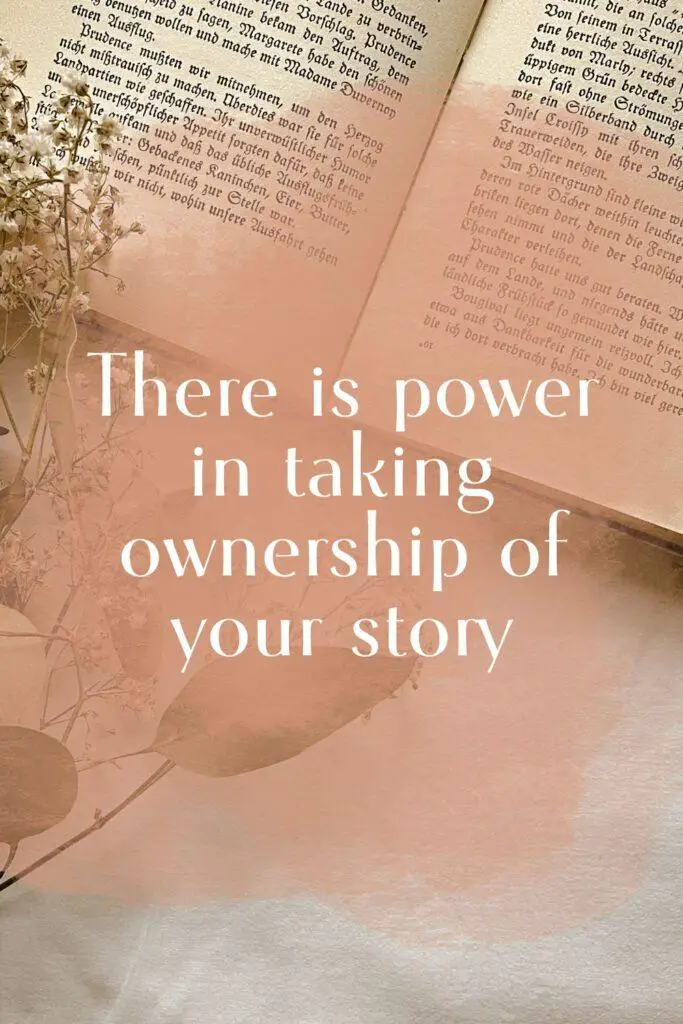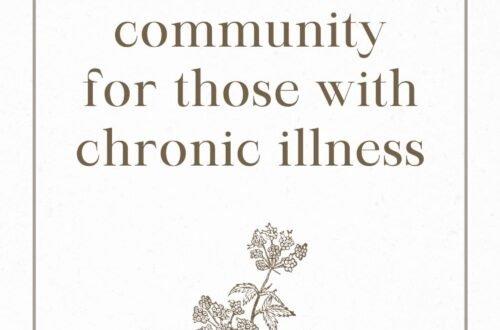
Telling your chronic illness story: An intimidating yet rewarding experience
Table of Contents

Life with chronic illness is complicated and can often be difficult to explain to others
In the first couple of years, I found it uncomfortable to explain my disease to those around me. I didn’t want to seem like a “weird” sick person. I also didn’t want people to think that I was always looking for sympathy.
It is so hard to transfer feelings into words, especially complicated emotions surrounding your health. When I was diagnosed, my life changed in so many ways. I was nervous, scared, anxious, and grieving my old life. However, when I started opening up to others about my disease, I felt liberated and proud of myself. Sharing my journey with others has been an amazing experience!
There is power in taking ownership of your story
Telling your story can be an act of reclaiming power over your narrative and experiences. When you share your story, whether it’s one of triumph, struggle, or growth, you take ownership of your journey. By vocalizing your experiences, you assert your existence and validate your own lived reality. This act of self-expression not only allows you to reflect on your past but also empowers you to shape your future. It can also be liberating, as it enables you to confront and overcome adversity.

By articulating your challenges, you acknowledge them, which is the first step towards healing and growth. You can transform pain into purpose, finding strength in vulnerability. Your story can become a beacon of hope to others who may really need to hear it.
In essence, telling your story not only empowers you but also empowers those who listen, making a ripple effect of empowerment and positive change.
Don’t feel pressure to share if you don’t want to – you have control!
It’s important to recognize that sharing your story should always be a choice, and there should be no pressure to do so if you’re not comfortable. Your experiences are deeply personal, and you have the right to decide when, where, and with whom you want to share them. It’s okay to prioritize your own well-being and boundaries, even if it means keeping certain aspects of your life private.
Respecting your own comfort level allows you to maintain a sense of agency and control over your narrative. Remember that your story belongs to you, and you have the autonomy to share it on your own terms, whenever you feel ready.
It’s important to acknowledge the growth in your journey
Acknowledging the growth within your journey allows you to feel proud of yourself and can inspire you to keep moving forward.
Growth signifies progress, transformation, and the lessons learned along the way. Celebrating your growth serves as a reminder of your inner strength and resilience, instilling confidence and self-belief. It also provides a sense of closure to past struggles, allowing you to embrace new opportunities with a greater sense of empowerment.
Acknowledging the growth in your story not only validates your journey but also serves as a testament to your ability to thrive in the face of adversity.
Your story is constantly developing
Life with chronic illness can be complicated and ever-changing. Some days I wake up and feel hopeful, and others I feel anxious and sorrowful. As you grow and change, your story goes with you.
Chronic illness is a tough road, but it doesn’t have to control your life. Your story is beautiful, and you have something unique and amazing to contribute to the world!




